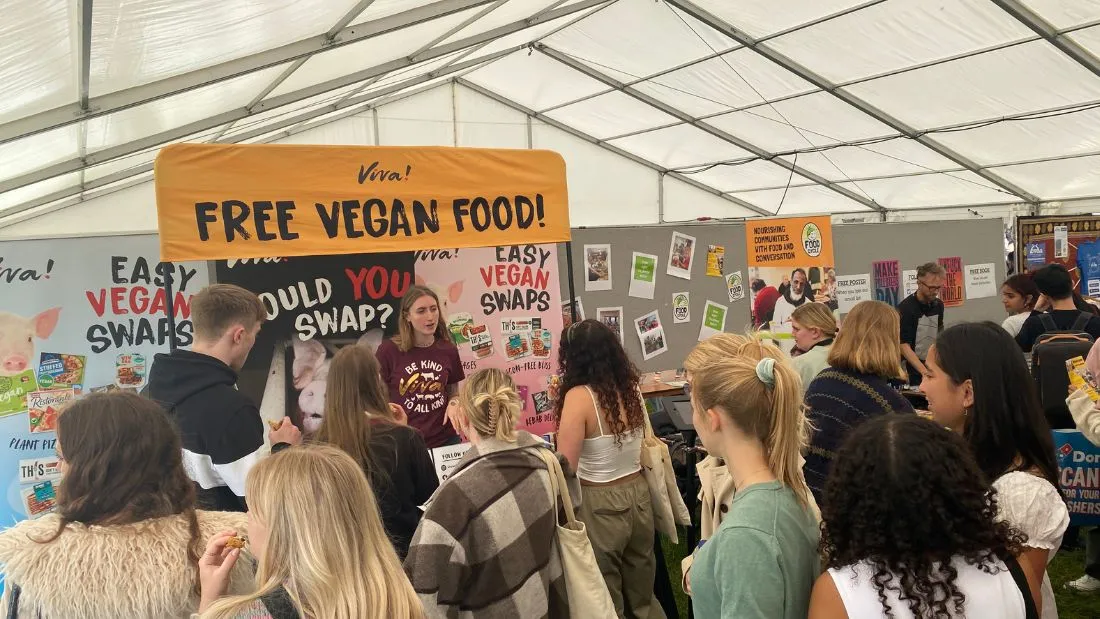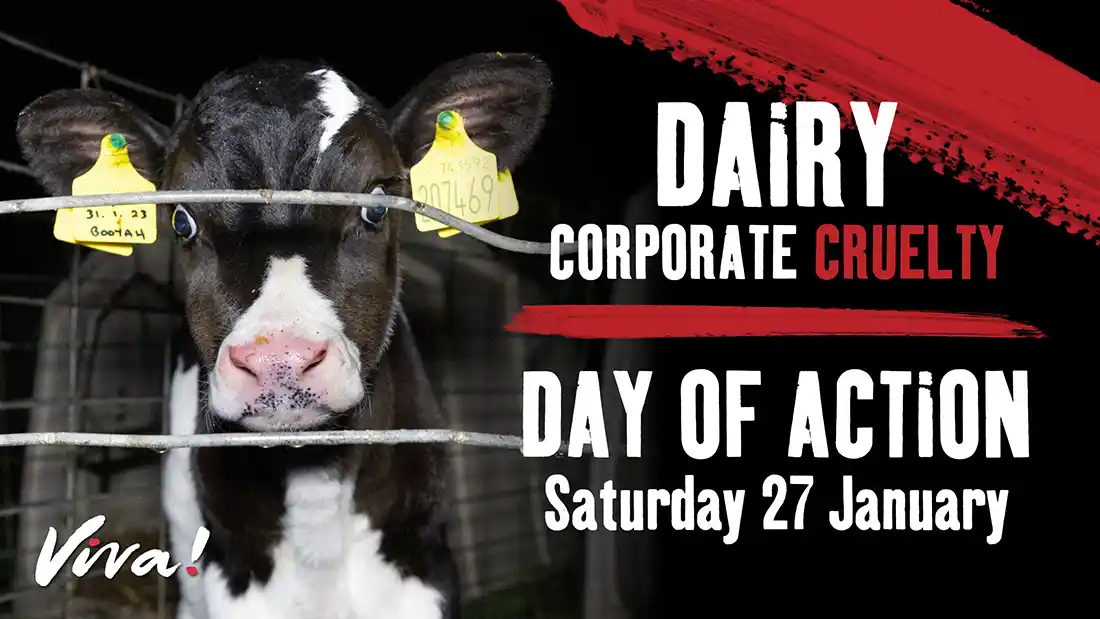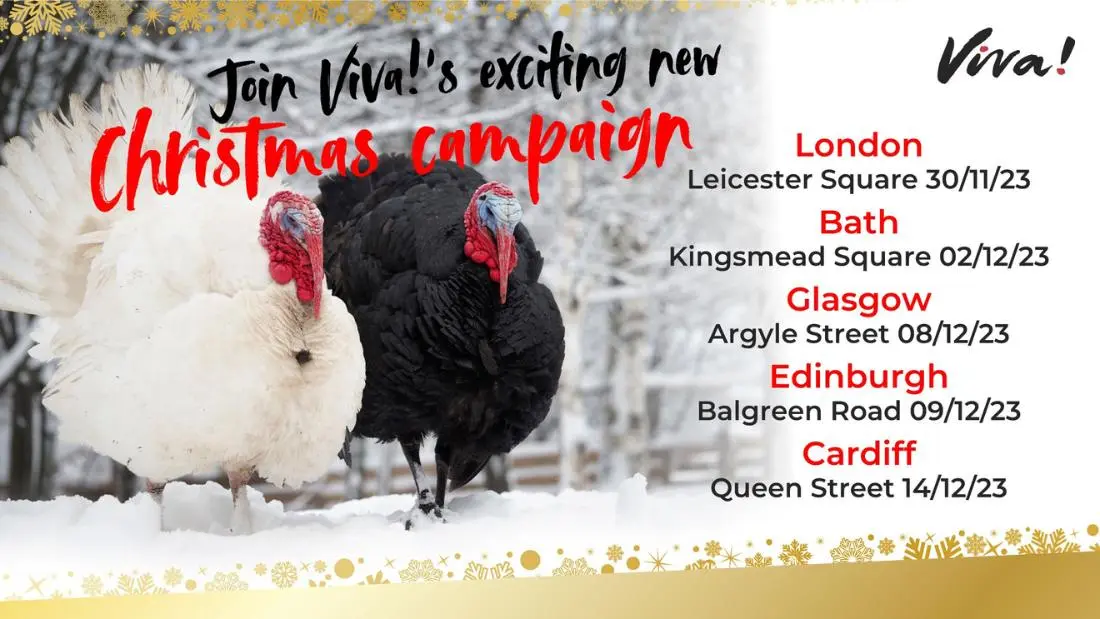Factory farming
Increasing the risk of pandemics
Factory farming provides the perfect conditions for viruses and bacteria to adapt and spread from animals to humans, increasing the risk of epidemics. An international team of scientists, led by the Universities of Bath and Sheffield, investigated the evolution of Campylobacter jejuni, a bacterium carried by 20 per cent of cattle worldwide. They found that the overuse of antibiotics, high animal numbers and low genetic diversity has led to the emergence of cattle-specific variants that can infect humans too, triggering a major public health problem.
This bug is the leading cause of gastroenteritis in high-income countries. Infection usually results from eating contaminated meat and poultry and it causes bloody diarrhoea, serious illness and even death in vulnerable groups. Professor Sam Sheppard, from the University of Bath, said: “Over the past few decades, there have been several viruses and pathogenic bacteria that have switched species from wild animals to humans: HIV started in monkeys; H5N1 came from birds; now Covid-19 is suspected to have come from bats. Our work shows that environmental change and increased contact with farm animals has caused bacterial infections to cross over to humans too. I think this is a wake-up call to be more responsible about farming methods so we can reduce the risk of outbreaks of problematic pathogens in the future”.
Mourkas E, Taylor AJ, M¨Ļric G et al. 2020. Agricultural intensification and the evolution of host specialism in the enteric pathogen Campylobacter jejuni. Proceedings of the National Academy of Sciences USA. 117 (20) 11018Š\11028.




